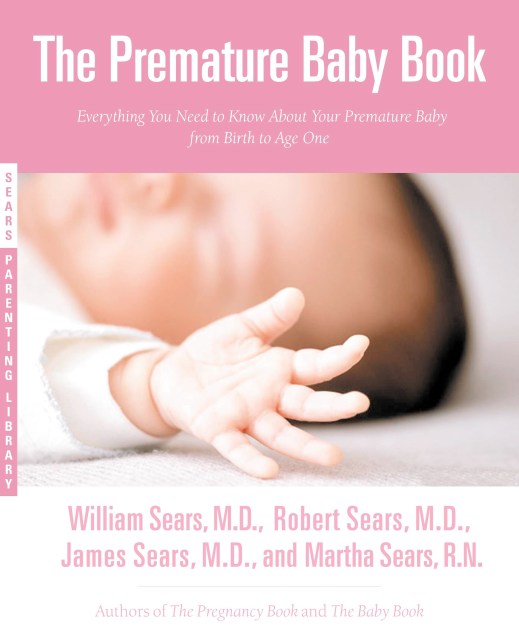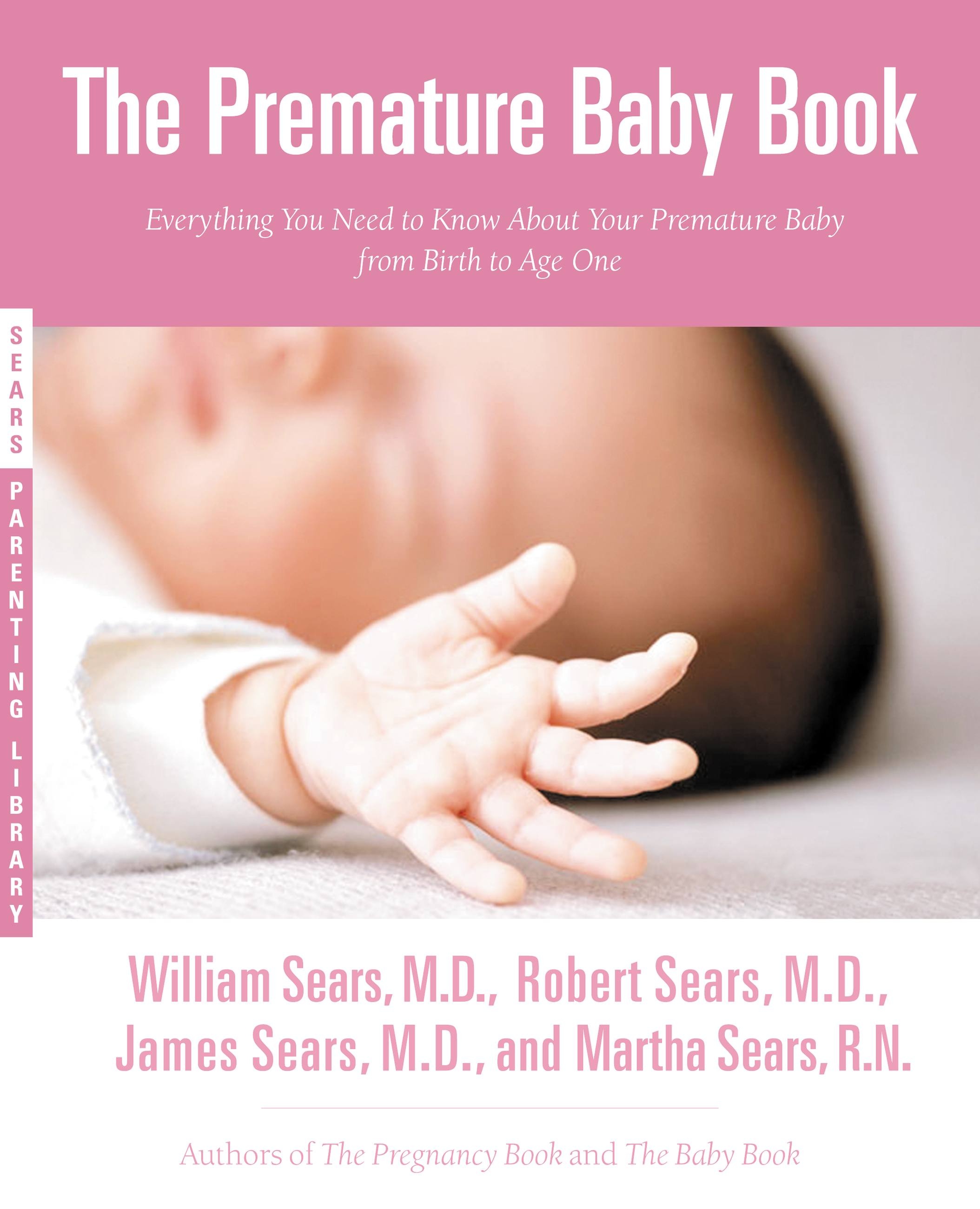By clicking “Accept,” you agree to the use of cookies and similar technologies on your device as set forth in our Cookie Policy and our Privacy Policy. Please note that certain cookies are essential for this website to function properly and do not require user consent to be deployed.
The Premature Baby Book
Everything You Need to Know About Your Premature Baby from Birth to Age One
Contributors
Formats and Prices
- On Sale
- Sep 21, 2004
- Page Count
- 256 pages
- Publisher
- Little Brown Spark
- ISBN-13
- 9780316738224
Price
$19.99Price
$25.99 CADFormat
Format:
Trade Paperback $19.99 $25.99 CADThis item is a preorder. Your payment method will be charged immediately, and the product is expected to ship on or around September 21, 2004. This date is subject to change due to shipping delays beyond our control.
Buy from Other Retailers:
This major new addition to the Sears Parenting Library is a comprehensive, authoritative, and reassuring guide for parents of premature babies. 20 line drawings & photos.
Newsletter Signup
By clicking ‘Sign Up,’ I acknowledge that I have read and agree to Hachette Book Group’s Privacy Policy and Terms of Use






